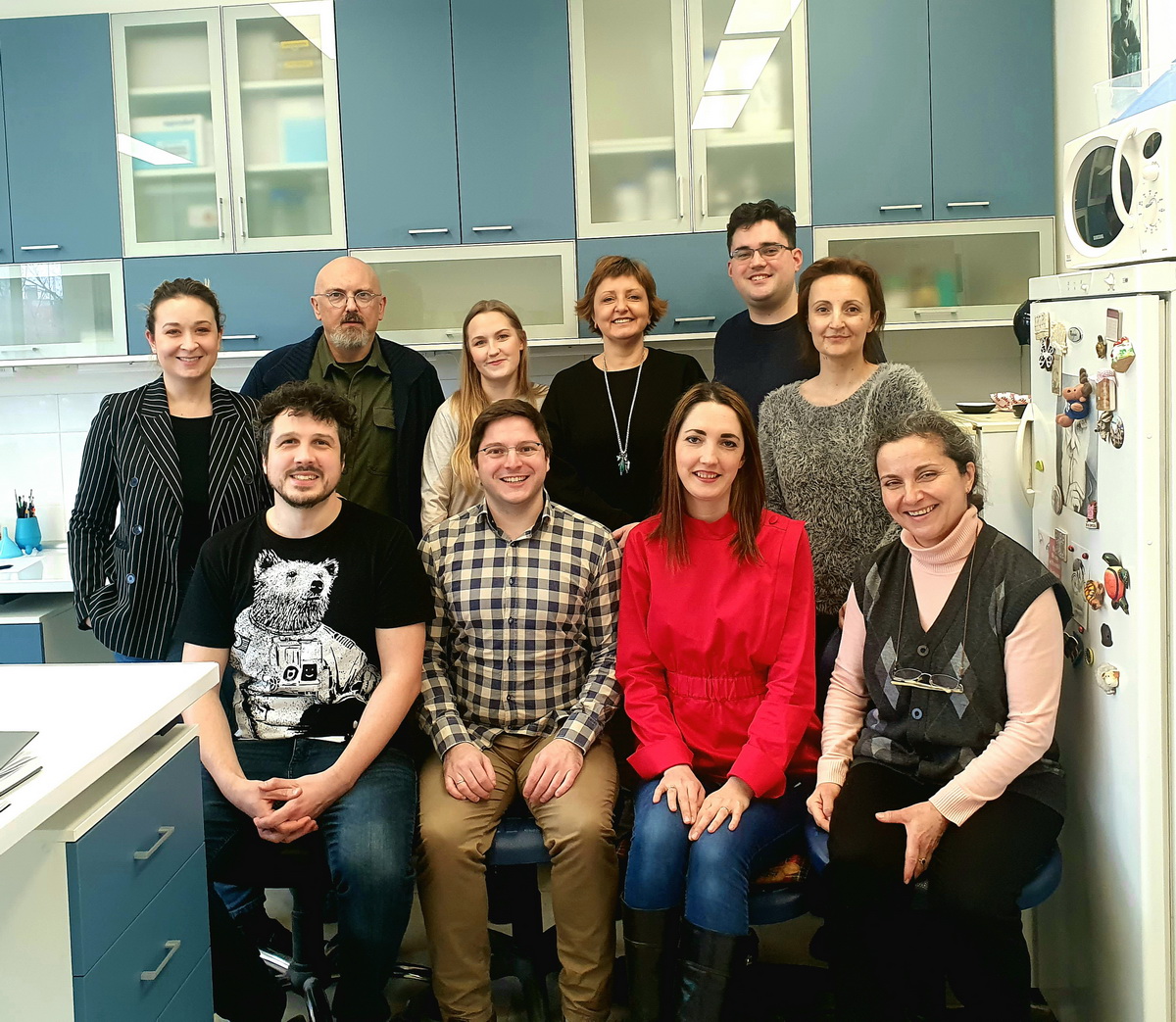 Researchers from the Department of Evolutionary Biology are supported by the Science Fund of the Republic of Serbia, Program IDEAS, for the project "Experimental evolution approach in developing insect pest control methods" ELEVATE, # grant number 7683961. Project will last for three years (2022-2025).
Researchers from the Department of Evolutionary Biology are supported by the Science Fund of the Republic of Serbia, Program IDEAS, for the project "Experimental evolution approach in developing insect pest control methods" ELEVATE, # grant number 7683961. Project will last for three years (2022-2025).
Around 14% of total crop production all over the world is destroyed by insect pest species. Conventional pest management programs typically rely on the application of insecticides which have temporary effects on pests and are harmful to non-target species and environment. Furthermore, target species often evolve resistance to insecticides or can expand their host range. Experimental evolution detects phenotypic and genomic changes over multiple generations. This approach is highly relevant for understanding the genetic, physiological and developmental mechanisms that underlie: 1) the evolution of resistance of pest insects to insecticides; 2) the ability of pest insects to shift to novel plant hosts; and 3) the mechanisms involved in methods for pest control that are not harmful to the environment, are long-lasting in effect, cost-effective and target-specific. This will be the first time that three diverse aspects of pest insect control will be integrated in a single project using an experimental evolution technique. Analysis of genetic differences of genes involved in insecticide metabolism, their expression patterns and changes during evolution of insecticide resistance will be used to determine insecticide efficiency and its proper dosage use. Furthermore, identifying changes in plasticity of lifehistory traits and population dynamics during host-shift will allow assessment of potential damage to diverse stored products. Finally, we will develop a new pest control method based on mitochondrial mutations that limit reproductive output of males while having no negative effects on females. Pest insects require integrated approaches and development of a wide range of tools for prevention, monitoring, control and implementation of risk management strategies. The ELEVATE project will actively contribute to this endeavor.
 Dr. Uroš Savković, Institute for Biological Research “Siniša Stanković” – National Institute of the Republic of Serbia, University of Belgrade
Dr. Uroš Savković, Institute for Biological Research “Siniša Stanković” – National Institute of the Republic of Serbia, University of Belgrade
Dr. Mirko Đorđević, Institute for Biological Research “Siniša Stanković” – National Institute of the Republic of Serbia, University of Belgrade
Dr. Sanja Budečević, Institute for Biological Research “Siniša Stanković” – National Institute of the Republic of Serbia, University of Belgrade
Prof. Dr. Biljana Stojković, Faculty of Biology, University of Belgrade
Lea Vlajnić, Faculty of Biology, University of Belgrade
Prof. Dr. Oliver Stojković, Faculty of Medicine, University of Belgrade
Prof. Dr. Snežana Pešić, Faculty of Science, University of Kragujevac
Dr. Filip Vukajlović, Faculty of Science, University of Kragujevac
Dragana Predojević, Faculty of Science, University of Kragujevac
Doc. Dr. Ana Mitrovski Bogdanović, Faculty of Science, University of Kragujevac
IBISS uses analytical cookies to analyze the use of the site in order to improve the user experience, by clicking "Accept" you consent to the use of cookies.